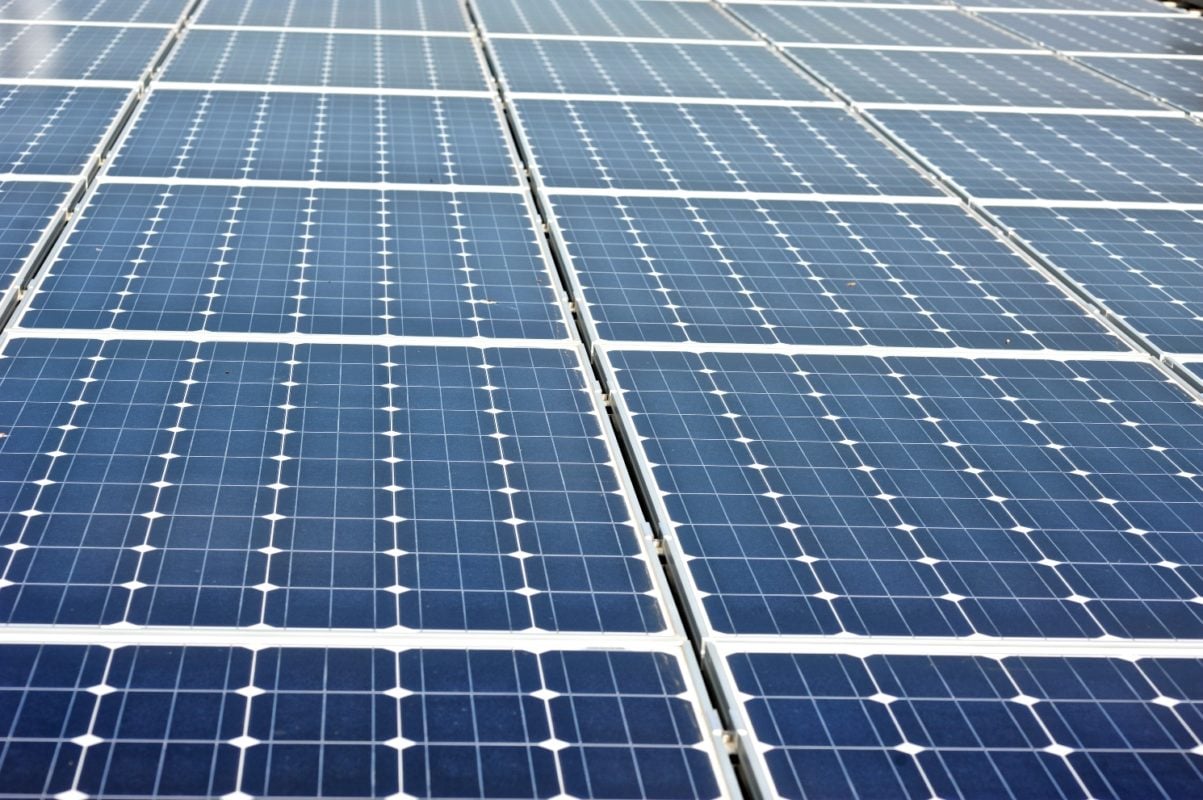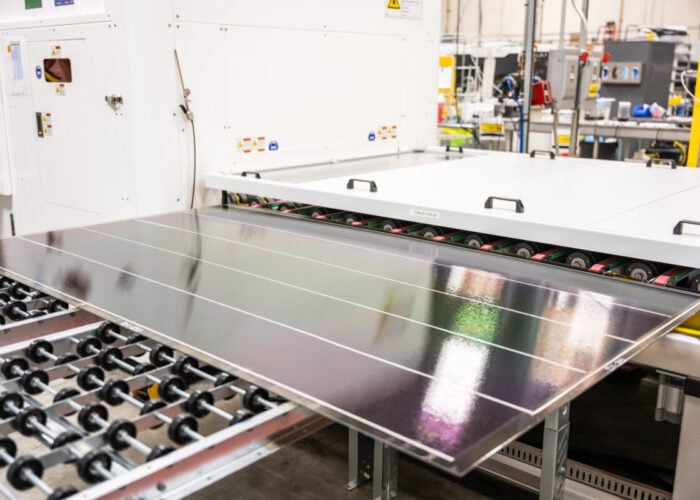
Canada has requested consultations with the US on the latter’s “unwarranted” tariffs on imports of crystalline silicon PV cells.
A statement from Canadian trade minister Mary Ng said that since their introduction in early 2018, the tariffs have caused Canada’s exports of solar products to the US to decline by as much as 82%.
Unlock unlimited access for 12 whole months of distinctive global analysis
Photovoltaics International is now included.
- Regular insight and analysis of the industry’s biggest developments
- In-depth interviews with the industry’s leading figures
- Unlimited digital access to the PV Tech Power journal catalogue
- Unlimited digital access to the Photovoltaics International journal catalogue
- Access to more than 1,000 technical papers
- Discounts on Solar Media’s portfolio of events, in-person and virtual
She said the tariffs “clearly violate” the provisions and spirit of the US-Mexico-Canada Agreement (USMCA), which entered into force last year and replaced the North American Free Trade Agreement.
Despite the US International Trade Commission finding that Canada was not a major exporter of solar products to its neighbour, the US imposed the Section 201 tariffs on imports from Canada in 2018, resulting in legal action taken against the Trump administration by solar manufacturers. Starting at 30%, the duty declined to 25% in 2019 and then 20% last year.
The Canadian government considers that the measure is inconsistent with the US’ obligations of under USMCA. Ng said that if the issue is not resolved through consultations, Canada may request the establishment of a dispute settlement panel to adjudicate the matter.
“As we work to rebuild our economies and overcome the challenges of the COVID-19 pandemic, Canada and the United States must work together through strong cross-border climate action to attract investment in the North American economy, cut pollution, strengthen supply chains and grow jobs for people on both sides of the border in the increasingly competitive low-carbon global economy,” Ng said.
The removal of the US’ tariffs on imported solar cells and modules is one of six policy priorities that the Solar Energies Industries Association is asking President-elect Joe Biden and the new Congress to act on during their first 100 days in office. The trade body says the result of the Section 201 and 301 tariffs on solar equipment means the cost of panels in the US is “roughly 50% higher than the global average”.







